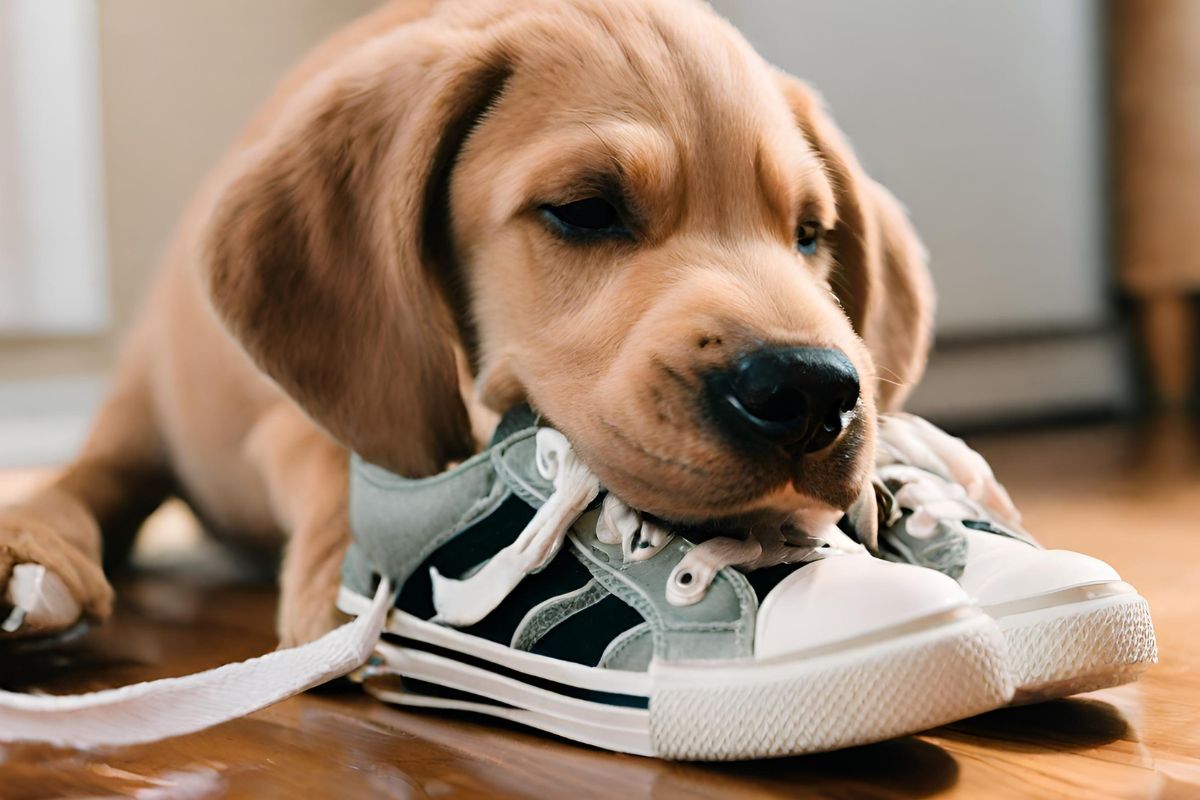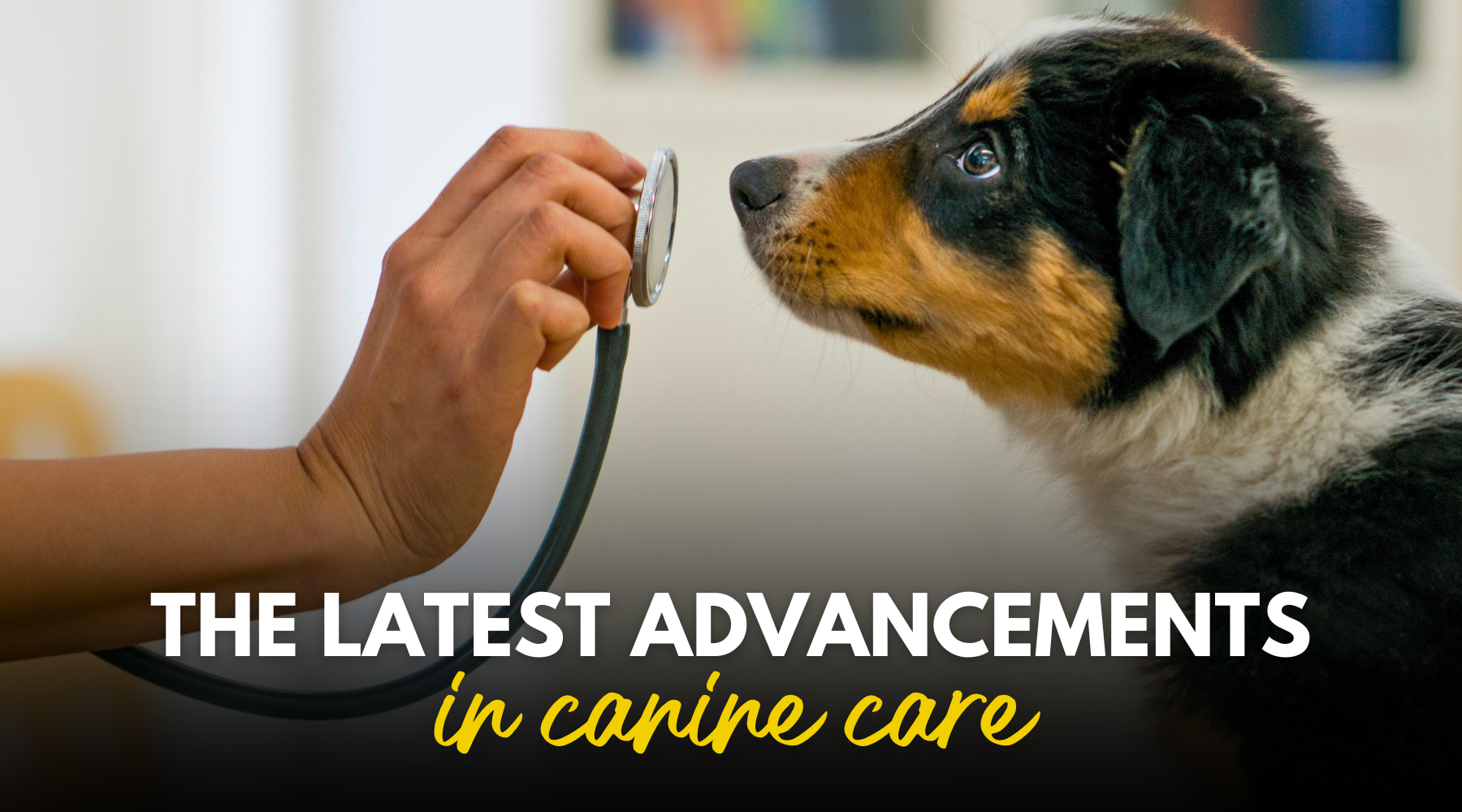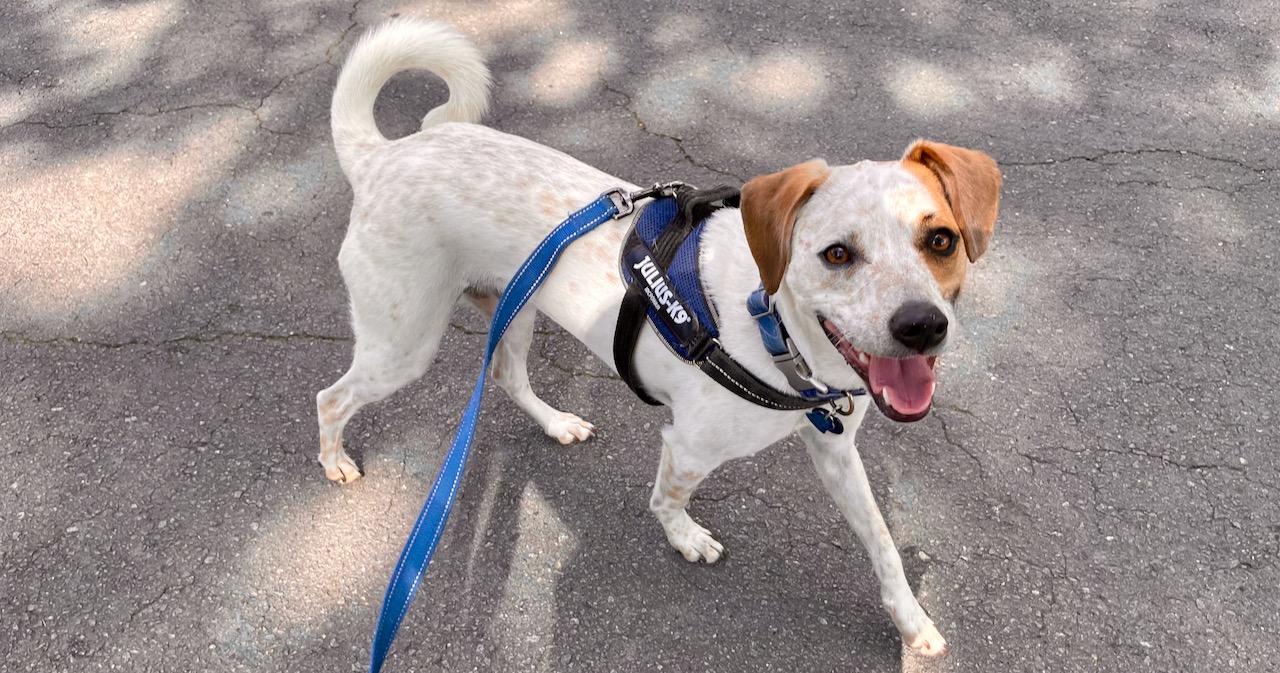Why do puppies like shoes so much??? If you’re a first-time owner or you’ve had your dog since their puppyhood, you may have noticed that they gravitate towards your personal belongings… especially your shoes! Why is this? And how can you protect your Jimmy Choos? Let’s take a look!
Why Do Puppies Like Shoes So Much?
Puppies like shoes for two primary reasons; teething and the smell of the shoes. Yep, the smell!
However, it’s also worth noting that if you get upset with your pup over their chewing, they’re likely to do it again when they’re feeling naughty. After all, they’ve figured out that they get a reaction out of you when they do it. So if they’ve chowed down on your shoes before, this could be a reason why they continue to do it. But let’s stick to the two main reasons that they start in the first place.
Teething
Teething is a process that all baby mammals go through, in which their milk teeth fall out so that their adult teeth grow in. It typically lasts between 6-8 months and feels very uncomfortable, even painful at times.
Chewing on things is known to be the only thing that relieves the discomfort puppies feel during teething, which is why they chew everything excessively during this stage of their development.
Your smell
The reason that so many puppies like to chew on shoes in particular is because they smell like you – and they love you! We all know that dogs have a superior sense of smell, and our shoes smell particularly strongly of us because our feet sweat so much throughout the day.
Although it’s annoying to have your shoes ruined, this is actually pretty endearing and explains why it often happens when we’re not around. It may even be a way for your pup to try to bond with you because they’re mixing their smell with yours.
Chewing is also known to be a stress reliever for dogs, so because your shoes smell like you, chewing them may also ease any stress they feel about their discomfort. So, whilst it may be frustrating if your pup gets hold of your belongings, try not to get upset over it.
Instead, be sure to put your chewable belongings out of your puppy’s reach and look into methods of teething relief and deterrents for your home, as well as training your pup what is and isn’t theirs to chew.
Why do puppies like socks?
Puppies often like chewing on our socks, and in fact any type of dirty laundry, for the same reasons that they like chewing on our shoes, they’re fun to chew and they smell like us. So, it’s kind of a compliment!
How can I stop my puppy from chewing my shoes?
If you don’t want your pup to chew your shoes, keep them somewhere out of reach! However, if their chewing is becoming destructive, there are things that you can do. Let’s take a look at what they are.
FYI, this section of the post contains affiliate links. If you buy anything through these links, DogVills earns a commission at no extra cost to you.
Teething gels
Most pet stores sell teething gels for puppies that can be applied topically to the gums to relieve their pain and discomfort. The gels contain natural and tasty soothing properties, like chamomile and clove, that work to soothe aching gums and lessen the need to chew.
Mark & Chappell Teething Gel for Puppies
- Suitable for puppies from 4 weeks of age
- With Chamomile, peppermint and clove oils
- No added sugar, no artificial colors, no artificial flavors
We earn a commission if you make a purchase, at no additional cost to you.
02/16/2024 06:05 am GMT
Teething sprays
There are also sprays that you can buy to spray around your home and deter your pup from chewing on your household furniture and objects. They work by making certain areas and things in the home smell unappealing to puppies to deter chewing.
They’re made up of all-natural, non-toxic ingredients like citrus and vinegar that dogs don’t like and are harmless to your pup and your home.
Bodhi Dog New Bitter 2 in 1 No Chew & Hot Spot Spray
xtra Strength No Chew Bitter Spray helps to break your furry friend’s bad chewing, biting, gnawing, and licking habits in a safe and gentle manner with the added benefit of soothing and relieving hot spots.
We earn a commission if you make a purchase, at no additional cost to you.
02/16/2024 06:17 am GMT
Training
We recommend that you train your puppy on what is and isn’t yours to chew. It’s never too early to start training, and you can do this by redirecting “naughty” chewing to positive chewing, such as their toys, and rewarding them when they’re getting it right.
It will take time, but in the meantime, it’s also a good idea to keep their number of toys small until they understand the rules. If they have too many, it may make them think that everything is theirs to chew on!
Provide good alternatives
Finally, make sure that you provide your pup with plenty of chew toys and treats to give them an outlet for their needs. You should stick to chew toys designed for puppies and avoid giving them anything that may be a choking hazard, such as rope toys and soft toys with stuffing. These materials can also be dangerous for your pup if swallowed.
There are also plenty of commercial chew treats, but make sure that you buy ones made for puppies and not adult dogs, otherwise, they could upset your pup’s little tummy. Alternatively, if you fancy something homemade, you could try putting a carrot in the freezer instead.

Should I punish my teething puppy for chewing my shoes?
No! You should never punish a teething puppy for chewing something that doesn’t belong to them. We understand that it can be very frustrating, but they are not trying to be naughty and it is not personal. Your pup is just acting on their instincts, they don’t understand the rules yet. They’re also in discomfort, so they deserve your patience and understanding.
Instead, try redirecting your pup’s bad chewing to something that belongs to them and praise them when they get it right. Dogs learn best from positive reinforcement, and punishing them for something cannot yet understand is wrong will just confuse them.
If you are really cross with your puppy, the best thing that you can do is put them in timeout or ignore them by avoiding eye contact, not speaking to them, and crossing your arms. Dogs are masters of body language and young pups thrive off of attention, so this sends a much clearer message than yelling or getting upset.
Bringing this type of attention to what your pup has done may also encourage them to do it again when they’re feeling bored or hungry for attention – which is very often in mischievous youngsters!
What do I do if my puppy ate my shoe?
If your puppy has managed to bite off and swallow some small parts of your shoe, don’t panic. Puppies swallow all kinds of things and are usually fine. However, if they have eaten a large portion of the shoe or are displaying signs of pain, discomfort, or having a stomach issue, such as difficulty going to the toilet, you should call or take them to the vet right away.
Eating things they shouldn’t can lead to internal injuries and obstructions, which need urgent medical treatment.
Why is my adult dog still chewing so much?
Whilst they grow out of teething, dogs explore the world with their mouths and will always enjoy chewing, no matter how old they get. This is only natural and it is also a good thing.
Chewing is a natural and healthy way for dogs to release excess energy and helps them to relieve stress. It also contributes to good dental hygiene as chewing scrapes plaque from the teeth and washes away bacteria, preventing tartar build-up and dental disease.
Heavy chewers
Certain breeds are also naturally heavier chewers than others. Bully breeds, for example, tend to be heavy chewers because they were bred to fight, so it is in their DNA to use their super-strong jaws. If you have a heavy chewer, such as a Pitbull or Bulldog, make sure you’re providing adequate outlets for their chewing needs.
If regular chew treats and toys aren’t cutting it for your dog, look into tougher toys and more challenging types of chews like bully sticks, antler chews, as well as spring poles for your backyard.
Whilst the idea of heavy chewing might worry you, it is much, much better to allow your dog to exercise their instincts in a healthy way than to repress them and let them become destructive.
Destructive chewing
That said, any dog’s chewing can become destructive if they have too much pent-up energy or stress, even if they are well-trained. Boredom is one of the most common reasons for destructive behaviors in dogs, so consider if your dog is getting enough exercise and mental stimulation through daily play and social interaction.
This is why destructive chewing is especially common in super intelligent breeds like Border Collies and German Shepherds, as they tend to get bored so much more easily than other dogs.
Why do puppies like our shoes so much? Because they smell like us – and they love us! Although the teething phase can be incredibly frustrating for owners, it’s important to remember that it is a necessary part of their development. Be sure to protect your belongings as best you can, train your pup well, and get them what they need to help them through this tough phase.





